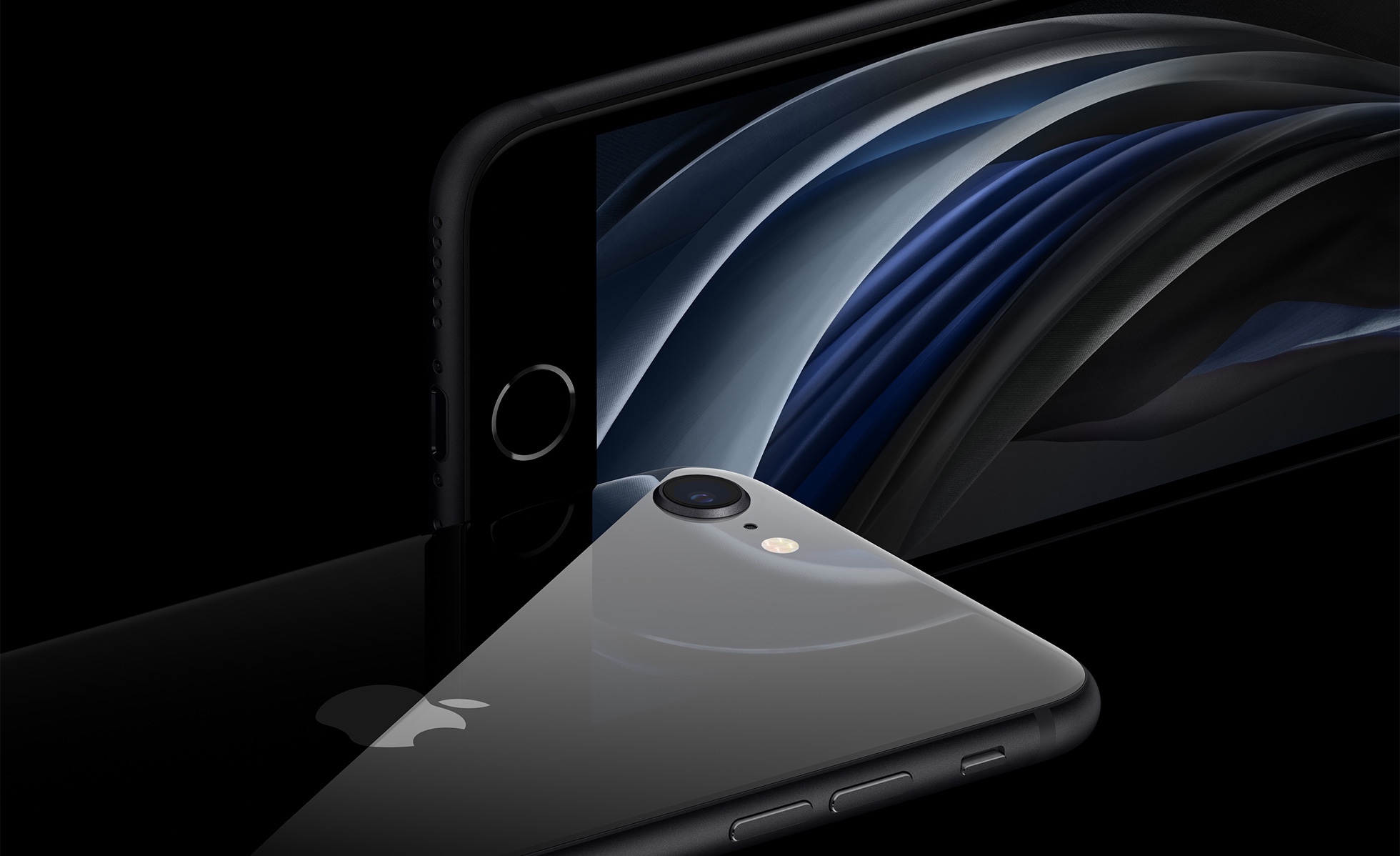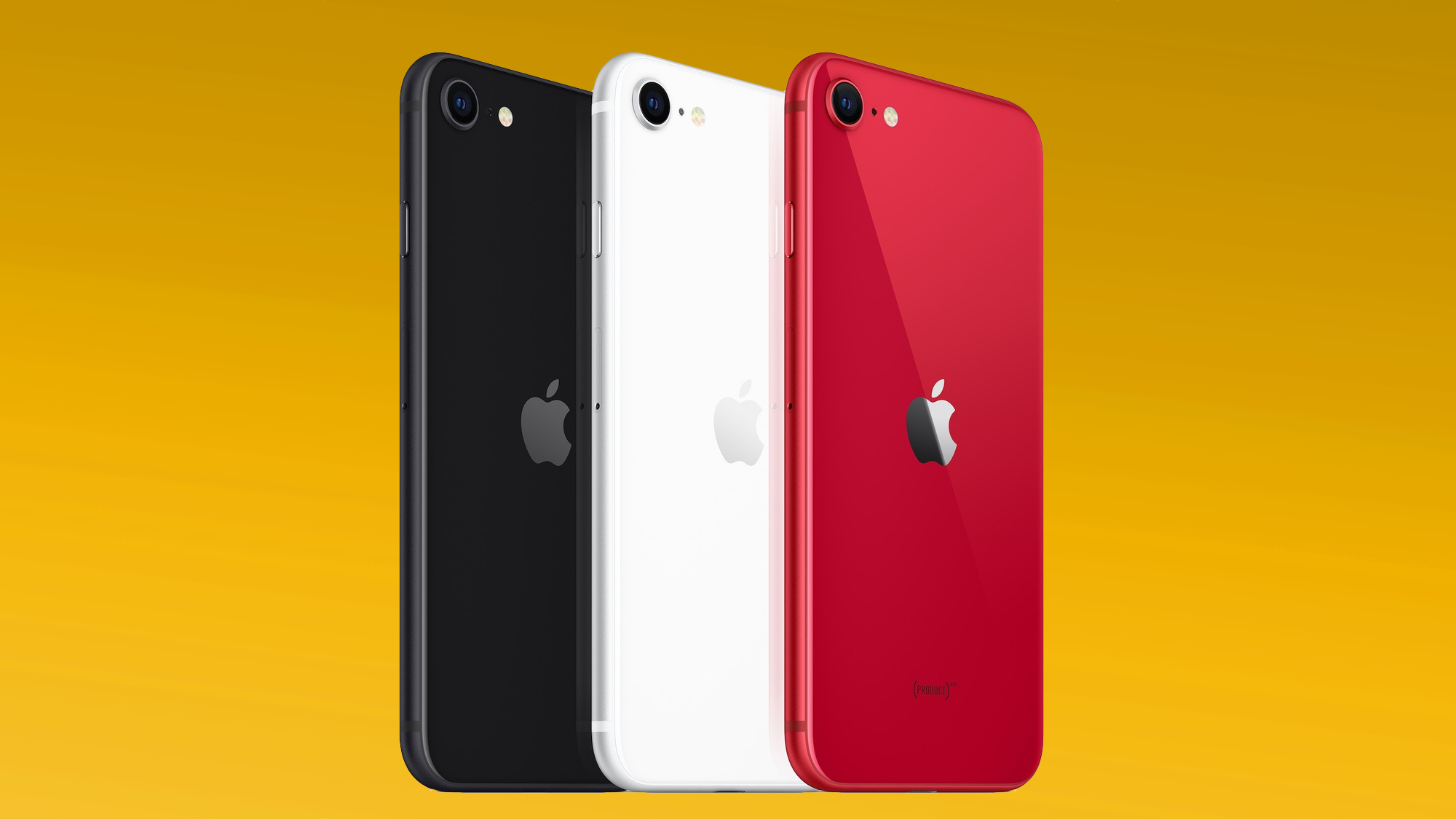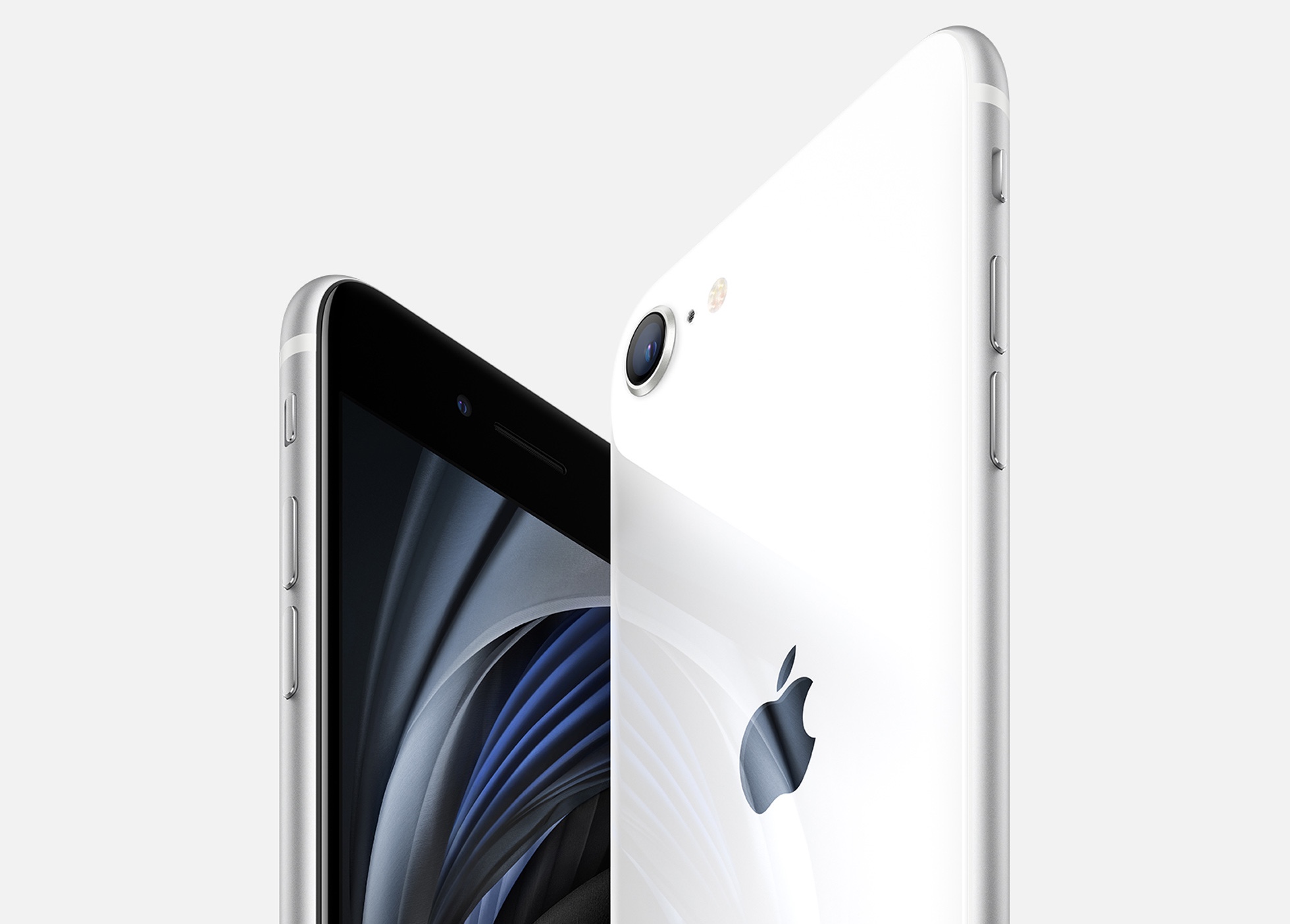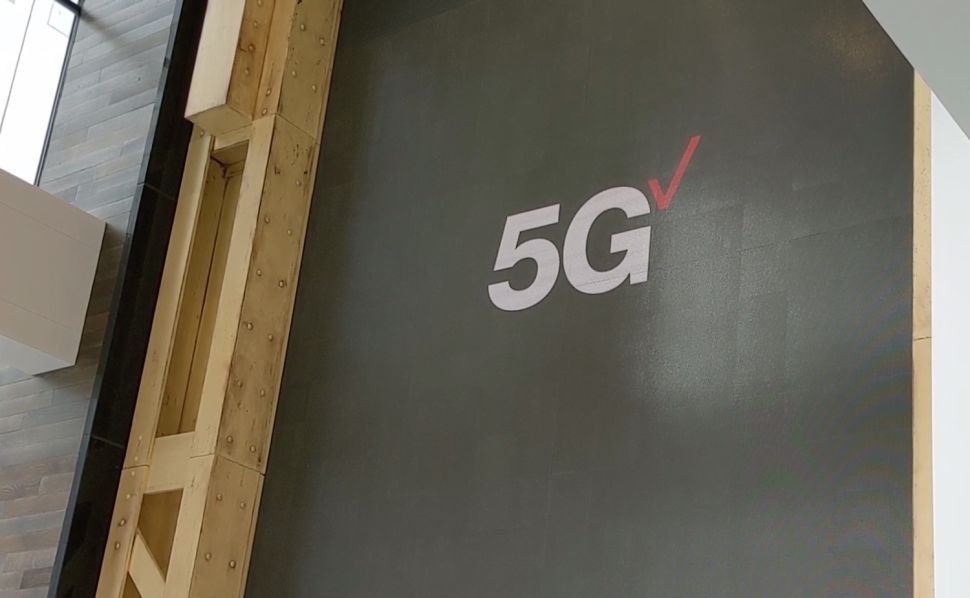Forget iPhone 12 — why I’m buying the new iPhone SE
The iPhone SE 2020 has the right size, right price and right features

A couple weeks back, my iPhone SE started exhibiting some major charging problems. It started with not automatically connecting with the Lightning charging cable unless I spent half-a-minute fiddling with the cable so that it fit just so. Then it progressed to the iPhone SE not charging at all, no matter how much fiddling and wiggling and cursing I did.
And you will never be able to convince me that my iPhone SE didn't know that Apple Stores had been closed because of the global coronavirus pandemic, allowing it to choose the precise time when no Apple Genius could bail me out to give up the ghost.
- iPhone SE 2020 vs. iPhone 11: What’s different?
- The best iPhone SE 2020 cases to protect your phone
- Just in: iPhone 12 leak shows big redesign
It's no matter. The iPhone SE gave me four years of loyal service before shuffling off its mortal coil — or at least its charging coil. And at least my iPhone SE decided to head to the big Apple repair shop in the sky right as a new model — the iPhone SE 2020 — was ready to arrive on the scene.
Talk about your planned obsolescence.
So yes, it is a lock that I will buy the latest iPhone SE from Apple, even if the new phone doesn't officially go on sale until April 24. (iPhone SE pre-orders are already underway.) That may seem like I'm jumping the gun a bit, especially with a whole bunch of iPhone 12 models looming offstage for their fall debut.
Since my job affords me the opportunity to use a variety of loaner phones for the time being and I might even be able to get my current iPhone SE repaired once the Apple Stores reopen, why not hold out until later this year before upgrading? That way, I could see if the iPhone 12's better processor, rumored camera improvements and 5G support will be enough to turn my head.
But I'm not going to wait. Because the new iPhone SE delivers everything I want in a phone and it's here right now. That's the perfect time for anyone to upgrade their device.
Get instant access to breaking news, the hottest reviews, great deals and helpful tips.
Get the iPhone SE 2020 if you like compact phones
You just have to look around you to see that phone screen sizes are growing ever larger. The Samsung Galaxy S20 Ultra, for instance features a 6.9-inch screen, while even the smallest member of the Galaxy S20 family boasts a display that's larger than 6 inches. So heavy is the demand for expansive smartphone screens that companies are now trying to develop foldable phones with displays that fold out into even larger panels.
And if you're someone with tiny hands like me, you look at these comically oversized smartphones and shake your head, wondering if there's even a place for folks like us in this Bigger Must Be Better world.

Since my current phone became unreliable, I've been using the 6.5-inch iPhone 11 Pro Max as a replacement. And having to fumble my way with this super-sized iPhone has only cemented my disdain for phablets. It's impossible for me to use this phone one-handed. The iPhone 11 Pro Max slips out of my tiny mitts with depressing frequency. When I put it into a pocket, I feel like I'm lugging around a flat-panel TV.
I will not have that problem with the iPhone SE 2020. Even though it's larger than the original 4-inch model, the new 4.7-inch phone should fit comfortably in my hand and even more comfortably in my pocket. Despite the industry push toward large screens, there's still a thirst out for compact phones, and the iPhone SE figures to immediately land on our list of the best small phones.
Get the iPhone SE 2020 if you hate spending big bucks on phones
Screen sizes aren't the only thing that are getting bigger with phones. Have you seen the prices of flagship devices these days? For a top-of-the-line phone, $999 now seems like the starting point, and when a feature-packed phone comes in at less than that — say, the $899 OnePlus 8 Pro, people are generally surprised.
I don't know about you, but given the state of the world economy, I'm not comfortable dropping a four-figure sum on a smartphone right at this moment. With the iPhone SE 2020, I won't have to — Apple's charging a starting price of $399, and even though I'm going to pay up to double the storage to 128GB, that's only $50 extra.
Those prices are before I take advantage of the many iPhone SE pre-order deals that are popping up in advance of the phone's April 24 arrival. Even Apple is getting into the act, offering rebates when you trade in older iPhones. In exchange for my old iPhone SE — forget the stuff I said earlier about it having trouble charging, any Apple employees reading this! — I can probably knock $30 off the cost of the new iPhone SE, which wipes out some of the extra money I'll put up for more storage.
Get the iPhone SE 2020 if you like a good value
If it were just about saving money, the iPhone SE 2020 would already be a compelling buy. But you're getting a lot of features for just $399.
For starters, the iPhone SE has the A13 Bionic chipset, the same one powering Apple's iPhone 11 lineup. The A13 has proven to be the best-performing mobile processor we've tested, beating out even the newer Snapdragon 865 in head-to-head benchmarks. Until the iPhone SE came along, you'd have to pay at least $699 for an iPhone 11 to enjoy that kind of power. Now you can have it for $300 less.
The iPhone SE includes other niceties you normally wouldn't expect in a sub-$400 phone, including support for wireless charging. That feature's MIA in the comparably priced Google Pixel 3a and not expected to appear in the Google Pixel 4a when Google rolls out that rumored phone in a few months.

You're only getting a single rear camera with the iPhone SE, but the 12-megapixel lens is augmented by the A13's built-in Neural Engine. So expect a lot of computational photography to compensate for what a second camera would normally provide.
Get the iPhone SE 2020 if you don't need 5G
The iPhone SE 2020 won't feature 5G connectivity, something that's expected in every iPhone 12 model coming this fall. And that doesn't concern me in the slightest.
The question of whether you should buy a 5G phone this year is a personal one that depends on a lot of specific factors, including who your carrier is and what 5G coverage is like in your area. I live in a part of the world where 5G coverage is scant as of this writing, and my carrier of choice — Verizon — is building out its network with mmWave-based technology. That's great for high speeds, but not so much for widespread coverage. I figure it will be some time before I can take advantage of 5G speeds when I'm out and about.

But even as 5G coverage improves — and make no mistake, it certainly will expand both this year and beyond — the benefit for consumers won't truly be felt until a few years from now, when app makers figure out new experiences to take advantage of faster speeds and lower latency. (We saw a similar development with LTE as that network became more widespread, allowing app makers to better deliver features like location awareness and streaming.) My guess is that truly innovative 5G experiences will reach consumers in a few years — or about the same time I'm ready to upgrade from this new iPhone SE to a 5G device.
Get the iPhone SE 2020 if you want a phone that lasts
There's a reason a phone I bought back in 2016 was still alive and kicking up until a few weeks ago. Like the new iPhone SE, the original model debuted with the best Apple-built processor for its time, so the phone's performance was somewhat future-proof. Apple also does a very good job making sure older devices can still run updated versions of iOS several years into the future. More recent iPhones may have had more oomph, but that four-year-old iPhone SE could still keep up pretty well.
I don't expect that to change with the iPhone SE 2020. That A13 processor is going to give me a lot of muscle out of the gate, and ongoing iOS support will last long after the upcoming iOS 14 update is a distant memory.
iPhone SE 2020: Buy or skip?
I still have some questions about the new iPhone SE that I'm hoping will be answered once we get a chance to review Apple's latest phone. For starters, I want to see just how well that single rear camera performs even when other budget phones have turned to multiple camera arrays. I also want to see how the iPhone SE's battery holds up. Apple claims that it should match the longevity of the iPhone 8 that's been replaced by the SE, but our testing will tell the tale.
Let's not kid ourselves, though. There's not much at this point that could dissuade me from buying an iPhone SE 2020. The size is right, and so is the feature set. Apple may have bigger and better phones coming down the pipeline in 2020, but there's unlikely to be a phone better suited for me.
Philip Michaels is a Managing Editor at Tom's Guide. He's been covering personal technology since 1999 and was in the building when Steve Jobs showed off the iPhone for the first time. He's been evaluating smartphones since that first iPhone debuted in 2007, and he's been following phone carriers and smartphone plans since 2015. He has strong opinions about Apple, the Oakland Athletics, old movies and proper butchery techniques. Follow him at @PhilipMichaels.
 Club Benefits
Club Benefits






